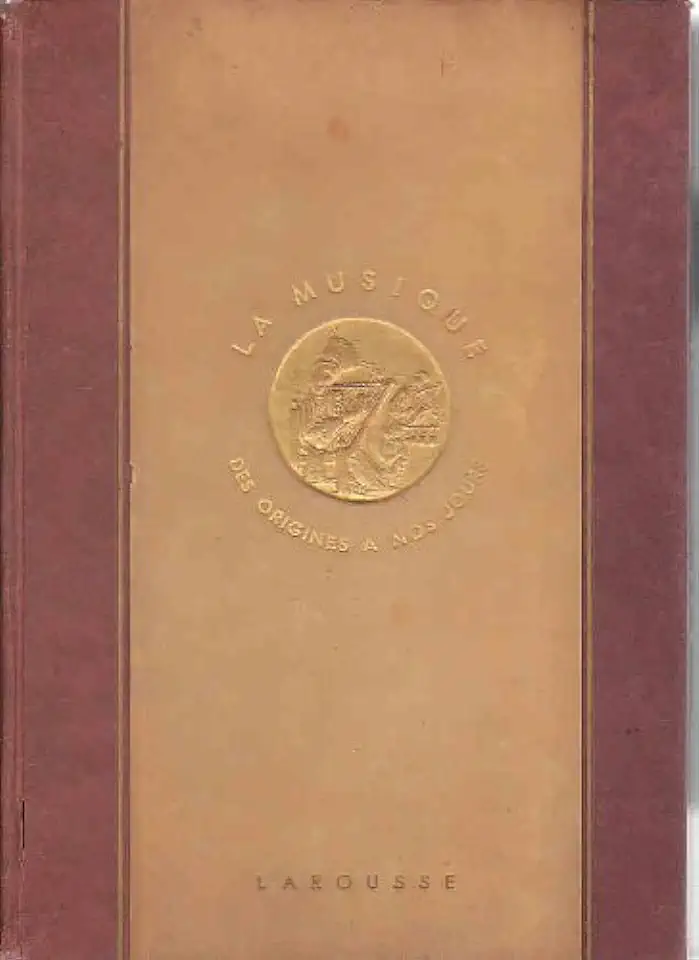
The Music of the Origins to the Present Day - Norbert Dufourcq
The Music of the Origins to the Present Day: A Comprehensive History
Introduction
In this monumental work, renowned musicologist Norbert Dufourcq takes readers on a captivating journey through the history of music, from its earliest origins to the present day. With meticulous research and engaging storytelling, Dufourcq paints a vivid picture of the evolution of musical expression across cultures and civilizations.
Ancient Music and the Birth of Western Music
The book begins by exploring the earliest forms of music, tracing their roots back to prehistoric times. Dufourcq delves into the musical traditions of ancient civilizations, including the music of ancient Egypt, Greece, and Rome. He examines the role of music in religious ceremonies, courtly entertainment, and everyday life, providing insights into the social and cultural significance of music in these ancient societies.
The Middle Ages and the Rise of Polyphony
The book then moves on to the Middle Ages, a period of great musical innovation and development. Dufourcq discusses the emergence of polyphony, the practice of combining multiple independent melodies, and its profound impact on Western music. He explores the music of the troubadours and trouvères, the rise of the Gothic style, and the development of early musical notation.
The Renaissance and the Birth of Opera
The Renaissance marked a golden age of music, characterized by a renewed interest in classical learning and a flourishing of artistic creativity. Dufourcq examines the rise of secular music, the development of instrumental music, and the emergence of opera, the most influential musical genre of the period. He explores the works of great Renaissance composers such as Palestrina, Lassus, and Monteverdi, highlighting their contributions to the evolution of musical language and expression.
The Baroque Era and the Age of Enlightenment
The Baroque era witnessed a dramatic expansion of musical horizons, with the rise of instrumental virtuosity, the development of new musical forms, and the emergence of national styles. Dufourcq explores the music of Bach, Handel, Vivaldi, and other Baroque masters, analyzing their innovative use of harmony, counterpoint, and orchestration. He also examines the impact of the Enlightenment on music, as composers began to explore new expressive possibilities and challenge traditional conventions.
The Classical Period and the Rise of Romanticism
The Classical period marked a return to order and balance in music, characterized by clarity, simplicity, and elegance. Dufourcq discusses the music of Haydn, Mozart, and Beethoven, highlighting their contributions to the development of the symphony, the sonata, and the string quartet. He also explores the rise of Romanticism, a movement that emphasized emotional expression, individualism, and a fascination with the exotic.
The Modern Era and the Age of Experimentation
The 20th century witnessed a radical transformation of musical language and expression, with composers breaking away from traditional forms and exploring new sonic possibilities. Dufourcq examines the music of Debussy, Stravinsky, Schoenberg, and other modern masters, analyzing their innovative use of atonality, polytonality, and electronic music. He also discusses the rise of popular music, jazz, and world music, highlighting their impact on the global musical landscape.
Conclusion
In "The Music of the Origins to the Present Day," Norbert Dufourcq presents a comprehensive and authoritative history of music, offering readers a profound understanding of the evolution of musical expression across cultures and civilizations. With its wealth of knowledge, engaging storytelling, and insightful analysis, this book is a must-read for music lovers, scholars, and anyone interested in the rich tapestry of human creativity.